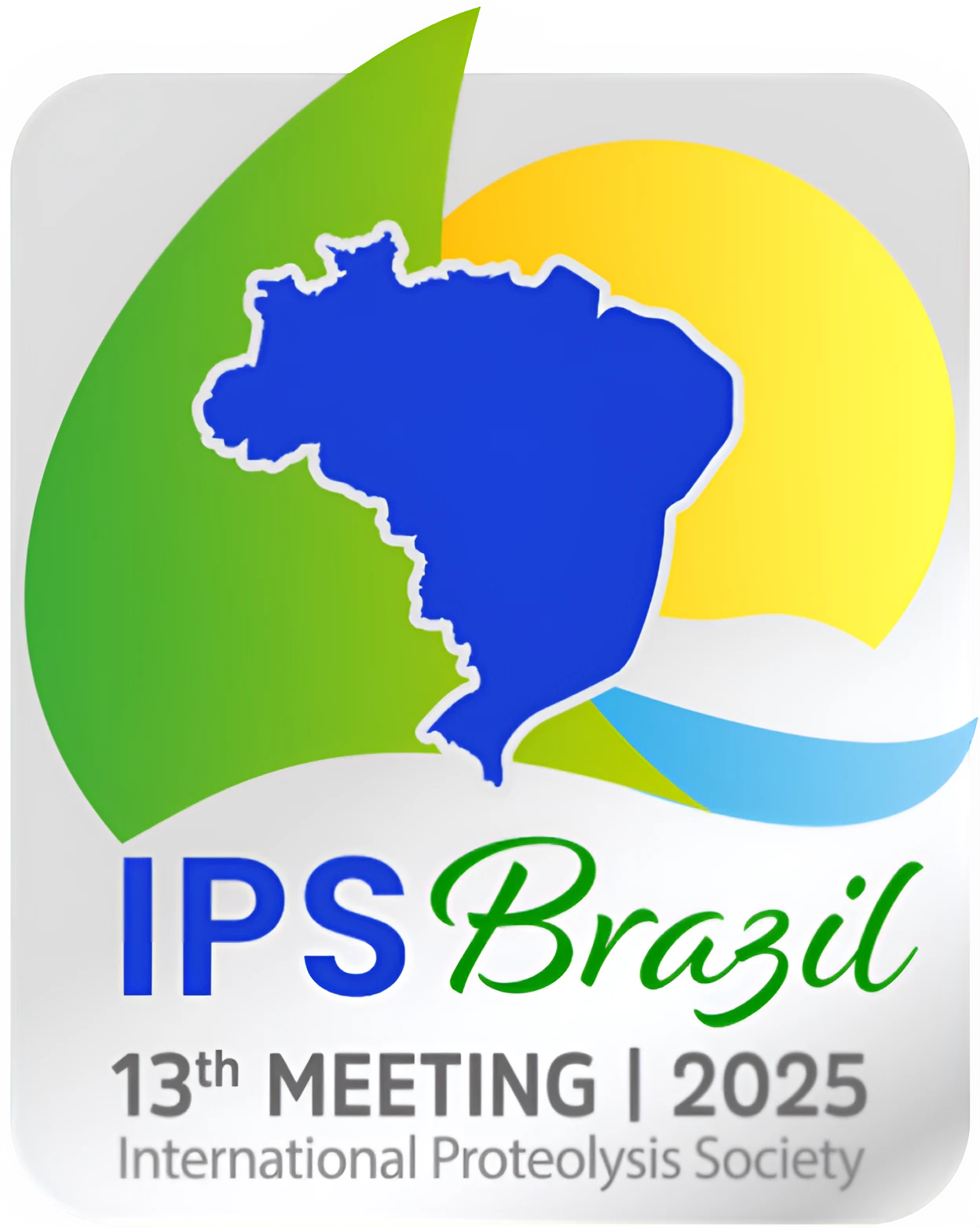
OCTOBER, 26 - 30TH, 2025
Atlântico Convention and Resort
Búzios, Rio de Janeiro – Brazil
A MEETING ON PROTEASES , THEIR SUBSTRATES AND INHIBITORS IN HEALTH AND DISEASE
- Blood Disorders and Hemostasis
- Cancer
- Cardiovascular disease
- Drug Discovery
- Immunity
- Metabolism and Metabolic Disorders
- Neurodegenerative Disorders and Ageing
- New Tools to Study Proteolysis
- Pathogens
- Signaling
- Skin and wounding
- Structure – Function Relationship
- Ubiquitination and Protein turnover
Organization
- Chair: Ana Paula Lima – Universidade Federal do Rio de Janeiro
- Co-Chair: Maria Luiza Oliva – Universidade Federal de São Paulo
INTERNATIONAL
Scientific Committee
- Anthony O’Donoghue
University of California in San Diego - Laura Edgington-Mitchell
University of Melbourne - Marcin Drag
Wroclaw University of Technology - Ruth Geiss-Friedlander
University of Freiburg - Thomas Reinheckel
University of Freiburg
LOCAL
Scientific Committee
- Ana Marisa Chudzinski-Tavassi
Instituto Butantan - Heloisa Sobreiro Selistre de Araújo
Universidade Federal de São Carlos - Patrícia Maria Guedes Paiva
Universidade Federal de Pernambuco


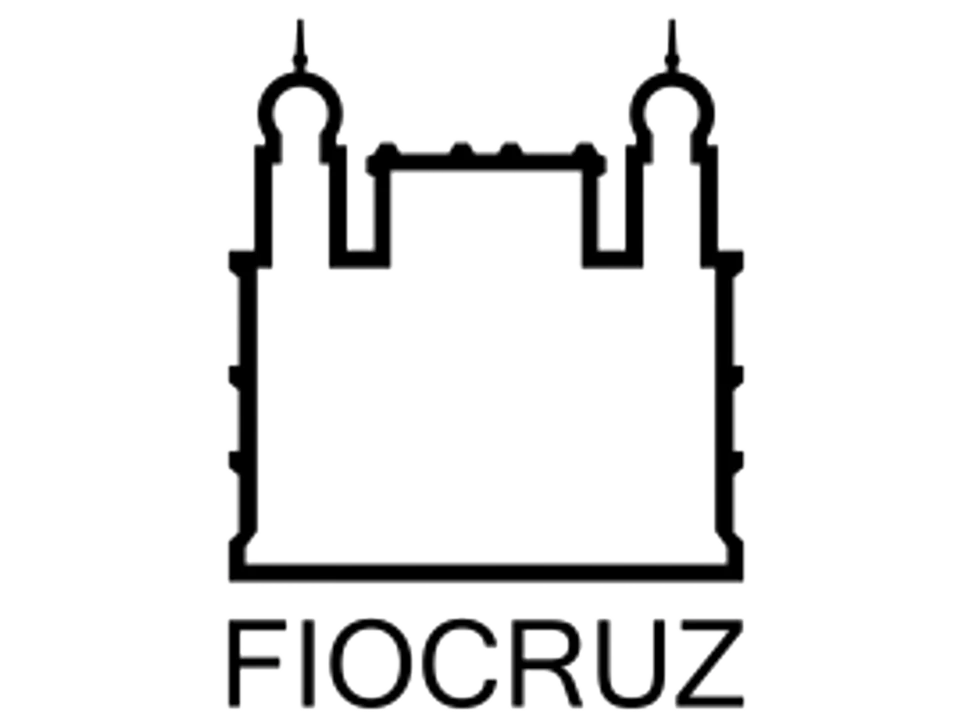
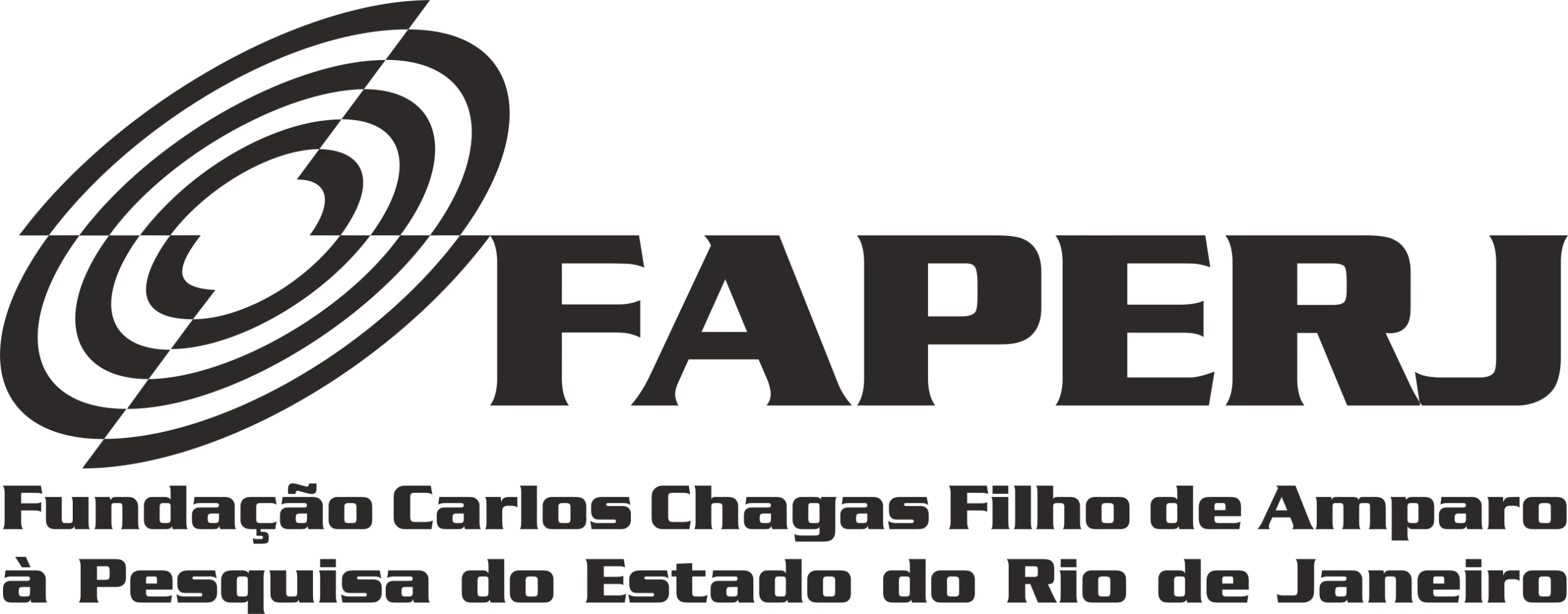




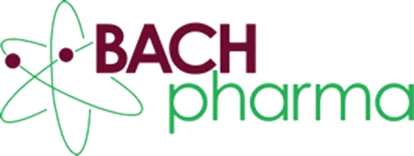

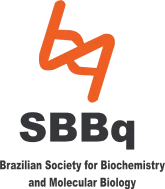


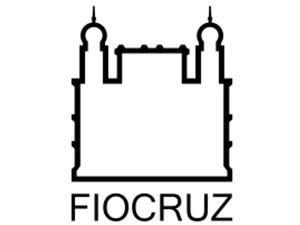 Organization support:
Organization support: